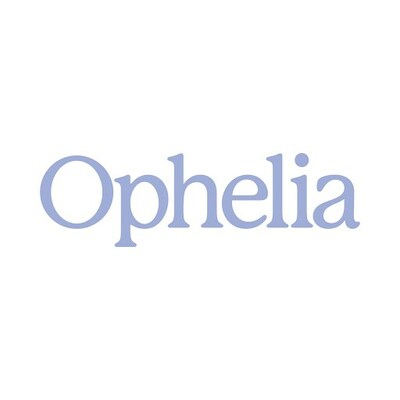Ophelia, a physician practice that treats opioid addiction, has officially earned the designation of an Opioid Use Disorder (OUD) Center of Excellence (COE) from the Pennsylvania’s Department of Human Services. Understood to be the first ever virtual and statewide COE, Ophelia and its virtual-first care model eliminate barriers long associated with care for rural, underserved, and historically stigmatized patient populations, thus promoting access and retention in evidence-based OUD treatment. Before we dig any deeper into this development, though, we must acknowledge how opioid use is actually one of the biggest public health and safety challenge currently facing the Pennsylvania state. To further contextualize the gravity of this problem, we can look at how, on an average, nearly 14 Pennsylvanians die from overdose every single day, a number which makes up almost twice the national average. Hence, in response to the given crisis, the state’s healthcare authorities created Pennsylvania’s COE program during the year 2016. This they did to not only remove barriers from the patient’s pursuit of comprehensive treatment, but also to increase access of medication-assisted treatment (MAT), with the latter now proven to reduce overdoses by almost 76%.
Making the whole development even more important a study where it was discovered that more than 80% of Americans with OUD are unable to access care because of affordability or some other reason. Complimenting the same is a Health Affairs Scholar study, which revealed that when patients, including Medicaid beneficiaries, see an in-network physician practice like Ophelia; they become 50% more likely to remain in care for six months, showcasing a critical link between the affordability of care, improved treatment outcomes, and cost savings to payors.
“The Centers of Excellence were designed as a patient-centered model of care that sought to make treatment and recovery an accessible, approachable, and sustainable part of a person’s life,” said Dr. Val Arkoosh, Secretary of Human Services. “A virtual-first approach to this treatment gives us more opportunities to meet people where they are and get them the life-saving care they deserve. We are encouraged that a medical practice can see the value of this model and are using it to pursue further innovation.”
Now a certified OUD, Ophelia will have the means to connect patients with a clinician right from the privacy of their home. Furthermore, it will allow for scheduling of virtual appointments in a manner which is flexible enough to accommodate everyone. This translates to how the center makes it possible for you to plan your visits during evening, or even weekends. Such a facility is aided, to a great extent, by the fact that clinicians and care coordinators at the center are available on demand, seven days per week, to assist with treatment challenges, pharmacy and insurance issues. In case a particular case falls outside of their knowhow, then these professionals can also refer to and collaborate with external providers.
“Telehealth-based OUD treatment saves lives and lowers costs for payors, but it’s only possible if reimbursement is available to keep providers whole,” said Zack Gray, CEO and founder of Ophelia. “Meanwhile, Medicaid covers nearly half of all patients with OUD, but most states have not yet evolved their fee schedules to reimburse it sufficiently. Pennsylvania has set an example for the rest of the country about what is possible and needed in Medicaid, and we hope that other states will take notice and follow suit.”






